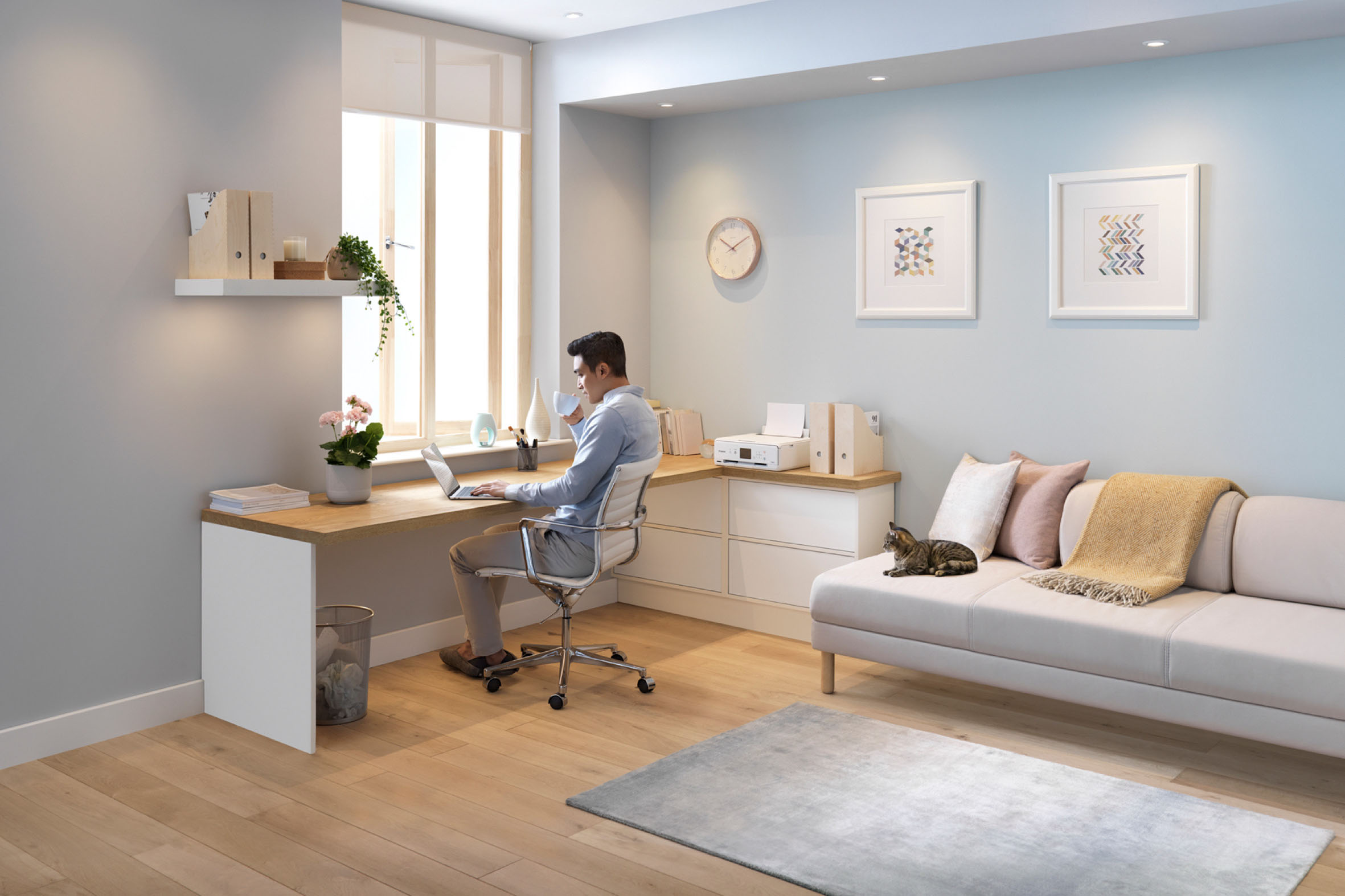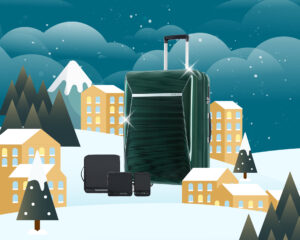Tip #3: Don’t overdo scented candles and air fresheners.
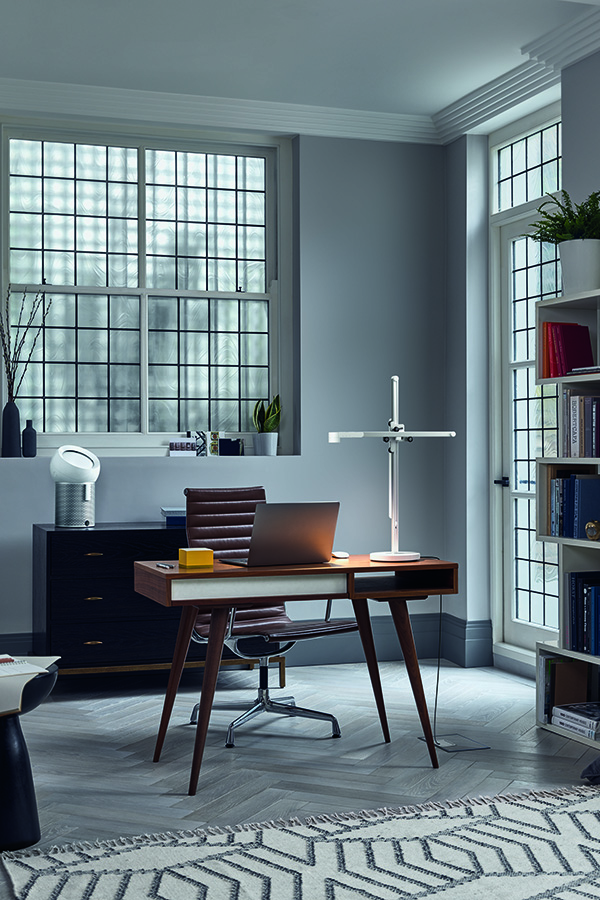
Now that we are spending all day at home, it’s high time to evaluate if we’re keeping our living spaces healthy.
By that, we don’t mean disinfecting all your household items – although this may be appropriate during the MCO – but rather, keeping the air clean and minimising indoor pollution for a truly comfortable and safe home environment in the long run.
Without knowing it, we may currently be exposing our home to harmful substances such as VOCs (volatile organic compounds), nitrogen dioxide and benzene due to some of our lifestyle practices (or lack thereof). When exposed to these particles for long periods of time, they can increase likelihood of respiratory problems such as coughing, sneezing or other irritations.
To ensure your home is protected from these unseen nasties, consider practising these 5 tips from a Dyson Air Quality Engineer.
Use natural cleaning products
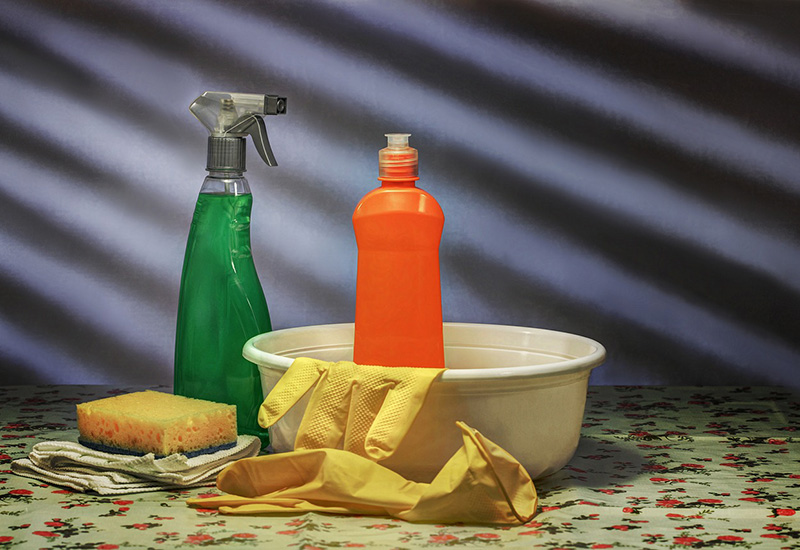 Cleaning detergents are one common household item that can potentially release dangerous chemicals into the air, including VOCs. Limonene, one of the compounds that make cleansing agents smell like citrus, can also react with the ozone to create formaldehyde. Each time we wipe down surfaces or clean our laundry with these products, we expose the air in our homes to these chemicals. Dyson recommends switching to natural cleaning products, wherever possible, to reduce the amount of harmful chemicals indoors.
Cleaning detergents are one common household item that can potentially release dangerous chemicals into the air, including VOCs. Limonene, one of the compounds that make cleansing agents smell like citrus, can also react with the ozone to create formaldehyde. Each time we wipe down surfaces or clean our laundry with these products, we expose the air in our homes to these chemicals. Dyson recommends switching to natural cleaning products, wherever possible, to reduce the amount of harmful chemicals indoors.
Vacuum regularly
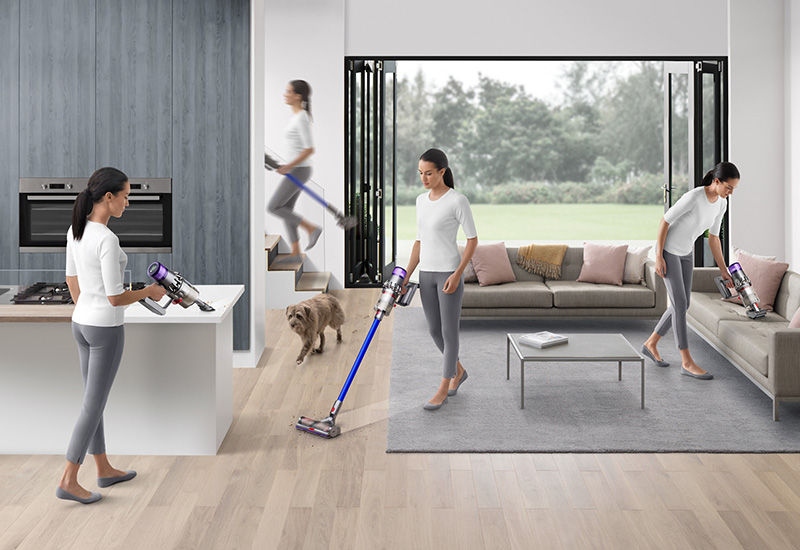
Certain home décor items including carpets, upholstery and furniture can trap a lot of dust, pet dander and even allergens. (Notice how a dust cloud appears when you plump up a cushion?). The best way to keep your home free of dust is by vacuuming regularly. Vacuums are still the most effective at sucking in dust particles and can reach areas that the humble brush, broom and mop can’t.
Don’t overdo scented candles and air fresheners
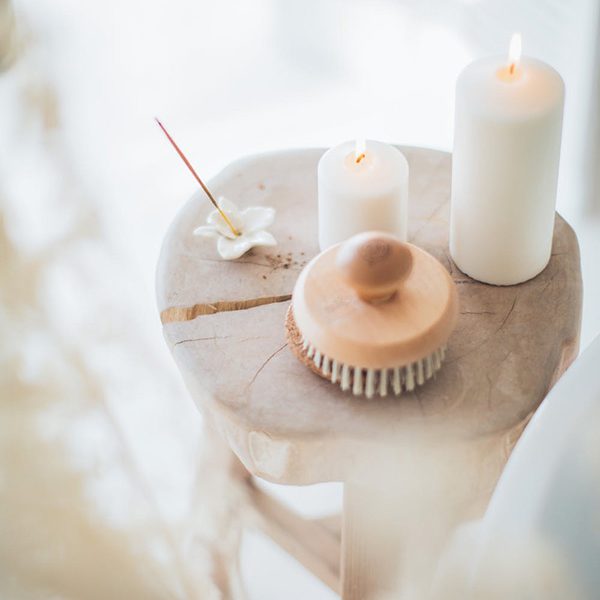 As much as we love a sweet-smelling home, scented candles and home fragrances can be sources of indoor pollution. While soy wax candles may be a safer alternative to parrafin types, which are known to release carcinogens, they may contain additives that lead to other side effects (protip: study the ingredients in the labels). You don’t necessarily have to toss out these frills, but Dyson recommends using them in moderation.
As much as we love a sweet-smelling home, scented candles and home fragrances can be sources of indoor pollution. While soy wax candles may be a safer alternative to parrafin types, which are known to release carcinogens, they may contain additives that lead to other side effects (protip: study the ingredients in the labels). You don’t necessarily have to toss out these frills, but Dyson recommends using them in moderation.
You may also like: The power of overpriced candles and why we melt for them
Be wary when letting in “fresh air”
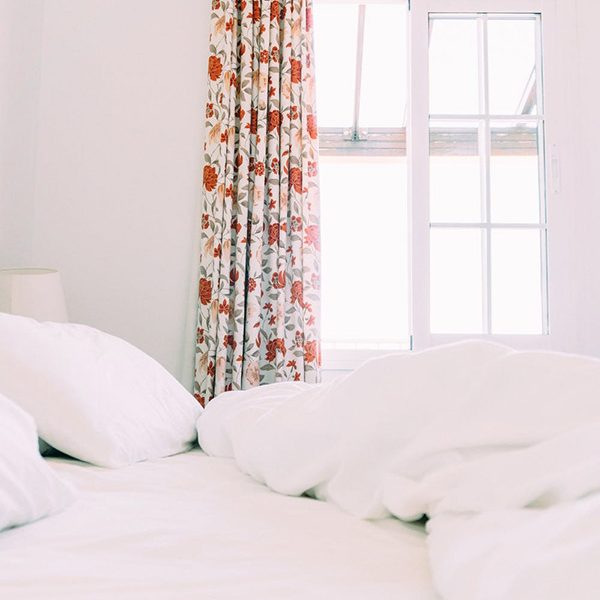 Ventilating your house is trickier than it may seem. You want to open those windows and doors to let fresh air in and any potentially trapped harmful particles see their way out. But at the same time, you may be inviting dust and outdoor pollution into your home. Frustrated? Same. One thing to consider is your home surroundings – whether you live next to a busy road or train line, for example – and try to find the best time to air your home (read: avoid peak hours). Alternatively, head out to your balcony or porch for fresh air and only leave doors and windows open for short periods.
Ventilating your house is trickier than it may seem. You want to open those windows and doors to let fresh air in and any potentially trapped harmful particles see their way out. But at the same time, you may be inviting dust and outdoor pollution into your home. Frustrated? Same. One thing to consider is your home surroundings – whether you live next to a busy road or train line, for example – and try to find the best time to air your home (read: avoid peak hours). Alternatively, head out to your balcony or porch for fresh air and only leave doors and windows open for short periods.
Consider an air purifier
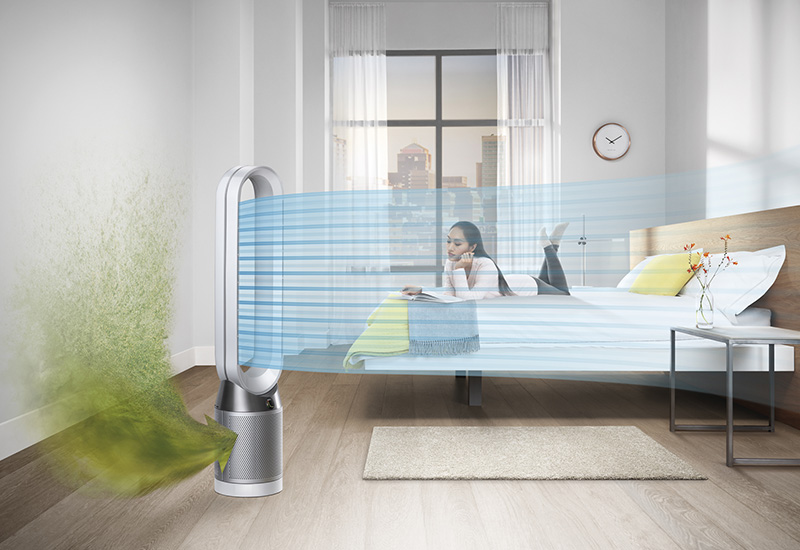
Those who are especially sensitive to dust and pollution should consider getting an air purifier. Be sure to look out for purifiers with fully sealed filters to ensure the machine is effectively filtering the air of particles and gasses. Dual filters, such as HEPA or other particle filters, are preferred to remove dust, pollen and pet dander from the air. Better yet, look for one with a carbon filter that will absorb VOCs, nitrogen dioxide and other gases. Equally important is the fan functionality, which should project clean air across the room and not merely in one direction – like the Dyson Pure Cool™ air purifier fan series.
See more: 5 innovative solutions to make your own smarter
Photos: Dyson and Pexels




